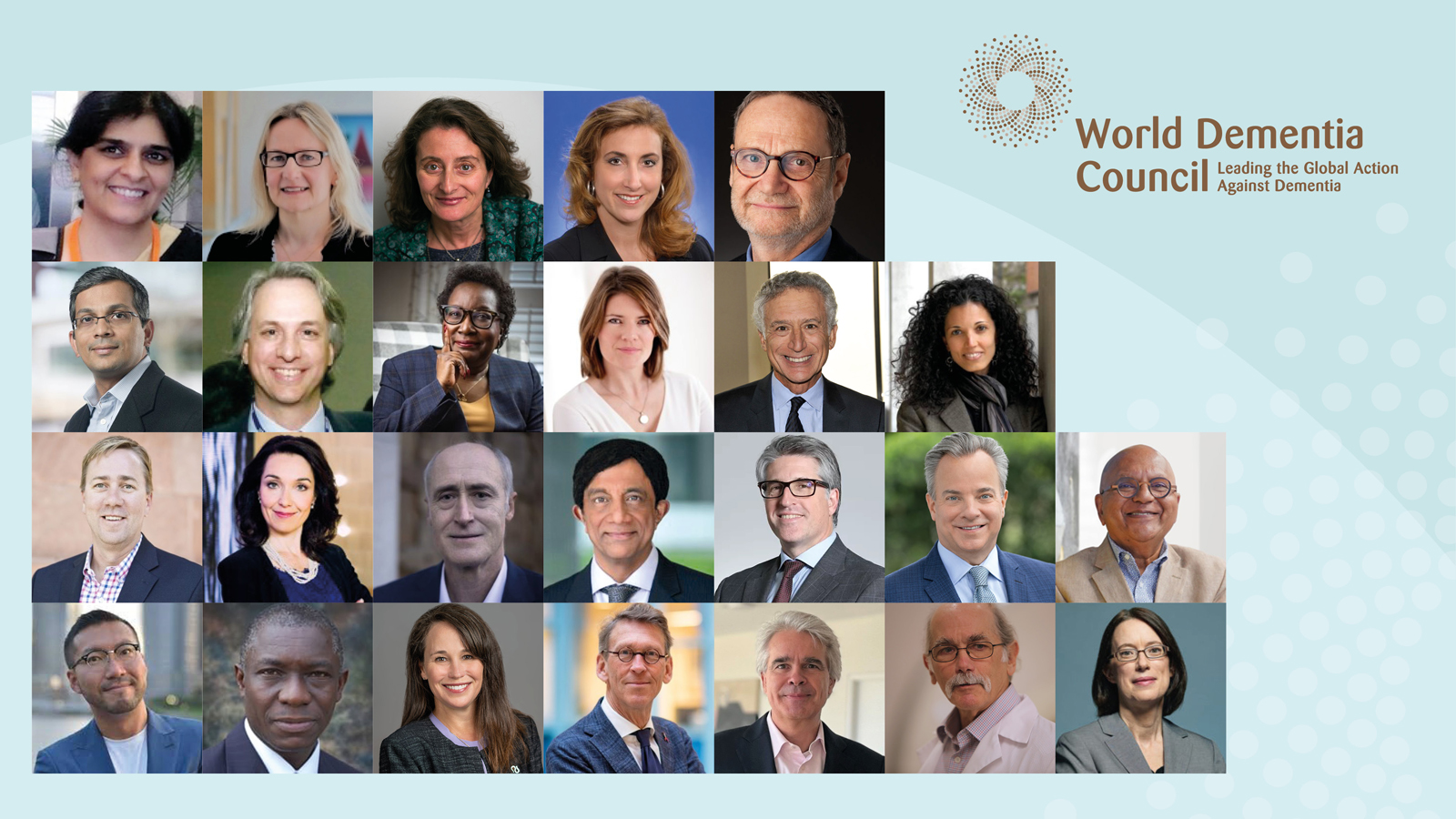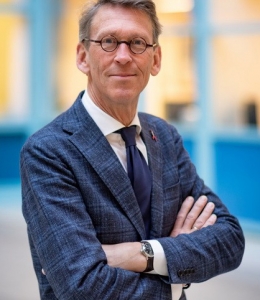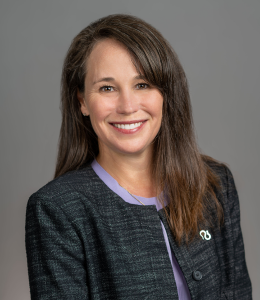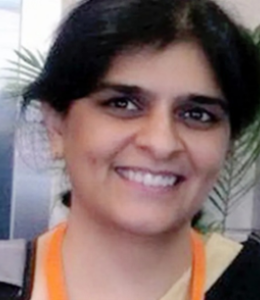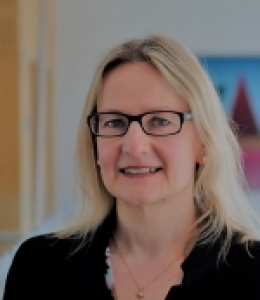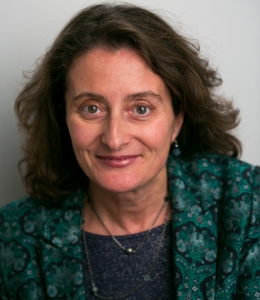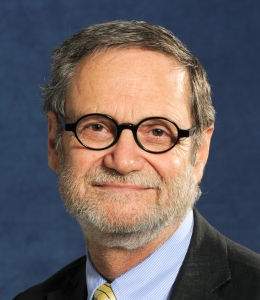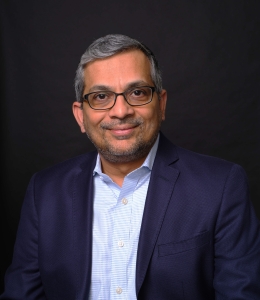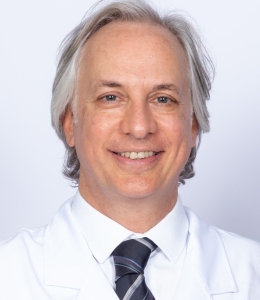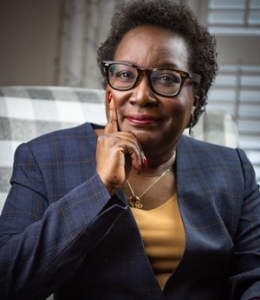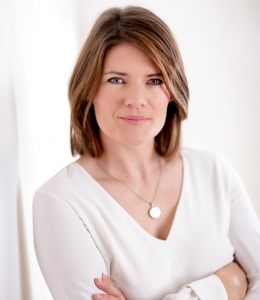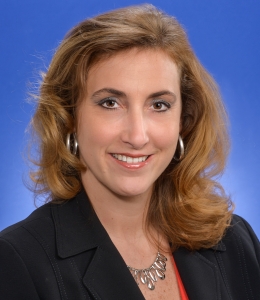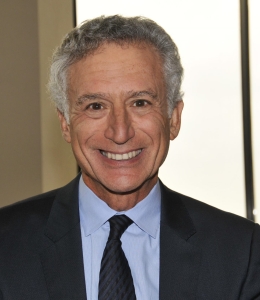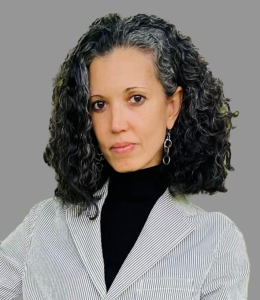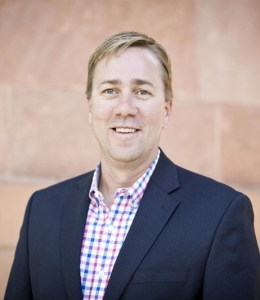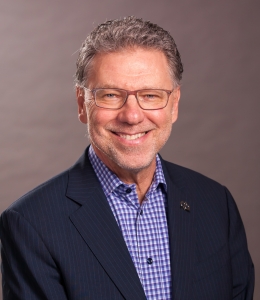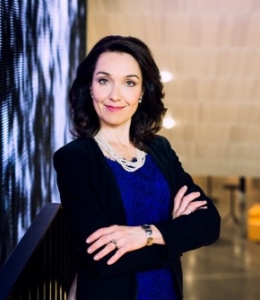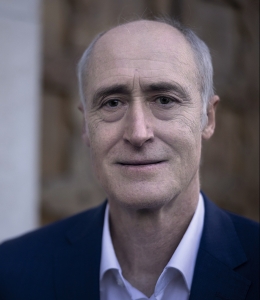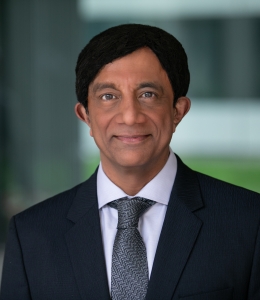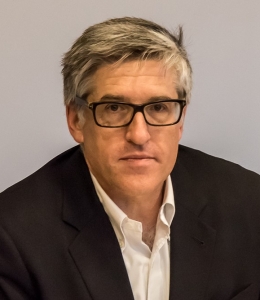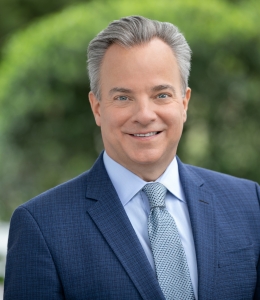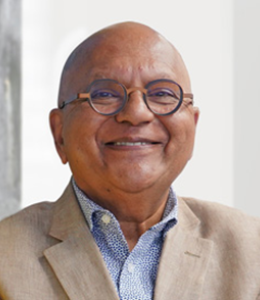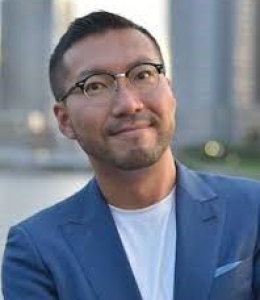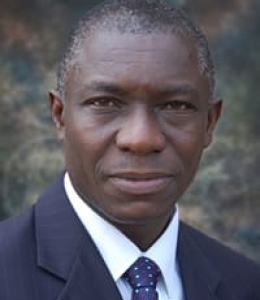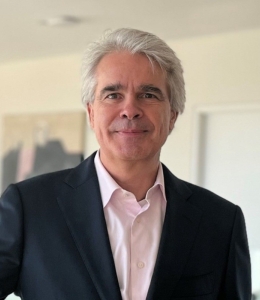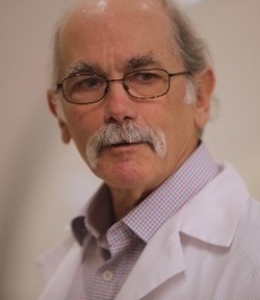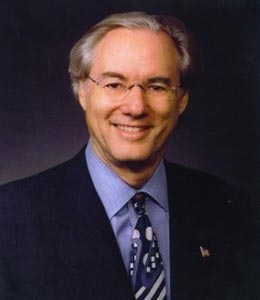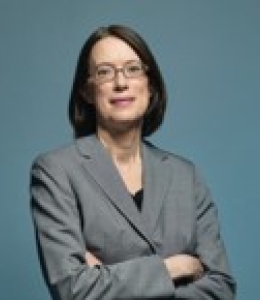Howard Bergman MD, FCFP, FRCPC, FCAHS, C.Q.
Howard Bergman is Professor of Family Medicine, Medicine (Geriatrics) and Oncology in the Faculty of Medicine and Health Sciences at McGill University, where he is also a Professor in the School of Population and Global Health.
He is a Fellow of the Canadian Academy of Health Sciences (CAHS). Dr. Bergman is a Fellow of both the College of Family Physicians of Canada and the Royal College of Physicians and Surgeons of Canada.
He was the inaugural Dr. Joseph Kaufmann Chair in Geriatric Medicine (2001-2015) and Chair of the Department of Family Medicine (2012-2019).
In 2023, Dr. Bergman was named Chevalier de Ordre National du Québec (Knight of the Quebec National Order), the highest distinction awarded by the Quebec government.
Dr. Bergman is one of the 24 members of the World Dementia Council. He is author of the Quebec Alzheimer Plan (2009) working with government on its implementation. He co-leads the Canadian team for healthcare services/system improvement in dementia care (ROSA research team). In 2019, at the request of Public Health Agency of Canada, he chaired the CAHS Expert Panel for the Assessment of Evidence and Best Practices for the development of the Canadian Dementia Strategy.
The Quebec Minister for Seniors, in November 2023, mandated Dr. Bergman to lead the drafting of the first Ministerial Policy and five-year action plan on Alzheimer's disease and related disorders.
Dr. Bergman is recognized for his research which has influenced policy change in primary care, aging and dementia with over 200 peer-reviewed publications.
He has received numerous awards including the College of Family Physicians of Canada the W. Victor Johnston Award which recognizes a renowned Canadian or international family medicine leader for continuous and enduring contributions to the specialty of family medicine in Canada and abroad. He was the recipient of the Irma M. Parhad Award for Excellence for outstanding contributions to the understanding and treatment of patients suffering from cognitive disorders by The Consortium of Canadian Centres for Clinical Cognitive Research (C5R).
Dr. Bergman is a member of the Board of Directors of the Quebec Institut national d'excellence en santé et en services sociaux (equivalent of NICE in England).
